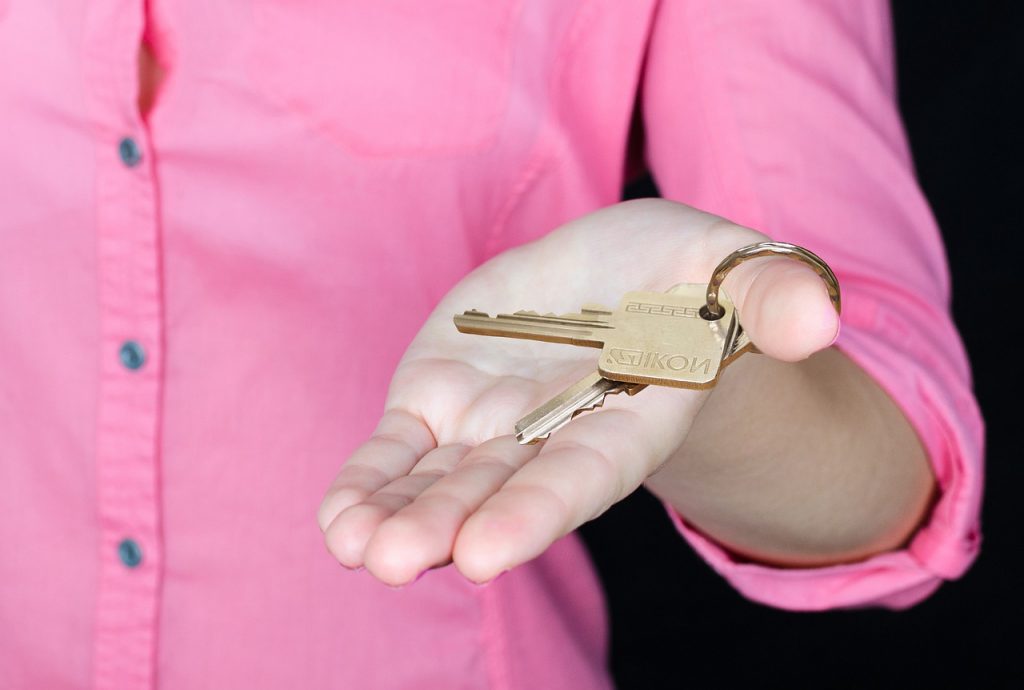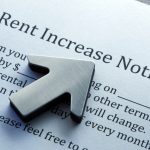Although many of the landlords in Dubai who rent out their properties do so from abroad, this does not always make renting out the property difficult or a failure. If you know how to delegate duties and obligations successfully, you may position yourself to become a long-distance landlord who is successful.
To be a successful landlord, you don’t have to live close to your rental property. Here are some remote management pointers.
Select a professional property manager.
Regardless of where you live, you need to locate someone you can trust to take care of your investment if you can’t routinely check in on it. When selecting a property management, be patient and have high expectations. These are the folks who will assist you in choosing your renters and deal with them if they have issues, requests for repair, or other issues.
Understand the regional market
Because every real estate market is unique, it’s important to comprehend the characteristics of the area where your investment property is situated in order to determine the appropriate rental price and maintain a competitive edge. Working with a single agent or real estate firm will help you get to know them and make communication easier. As soon as you begin working with numerous agents, tension might rise and information may be interpreted incorrectly. You should also be aware with local laws and have a working connection with a local lawyer to aid you with any worries or problems that may arise.
Examine your selection procedure
Screening is much more crucial when you can’t meet a potential renter in person. To discover the best renter for your long-distance rental, review your procedures and applications each year to make sure you have the proper policies and documentation in place.
Verify that your lease is accurate.
One of the most crucial components in preparing you to be a successful long-distance landlord is your rental lease agreement. Have a real estate agent and/or a property manager who is knowledgeable about the region evaluate or draft your lease to ensure it is strong. Ensure that it expressly states who is accountable for what, as well as the payment deadlines and late fees, damage assessment and collection procedures, pet policies, and other conditions. In the event of any problems, this will aid in protecting you and your property.
Consult your tenants.
Even if you’ve employed a property manager, it’s crucial that your tenants feel at ease communicating with you. If you’ve established a strong connection with them and they see that you are concerned about their needs, they may also be more inclined to treat your property with respect.
Every few months, give your tenants a call or send them an email. Make sure everything in the unit is functioning correctly and inquire about how things are going.








